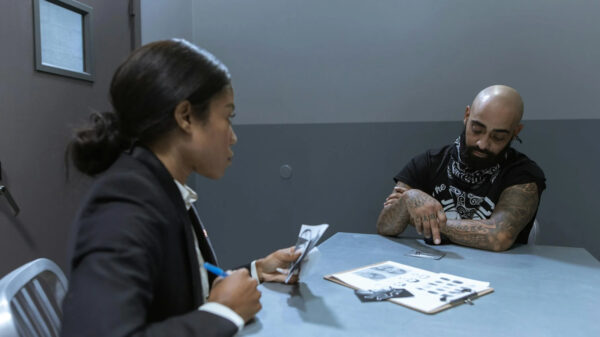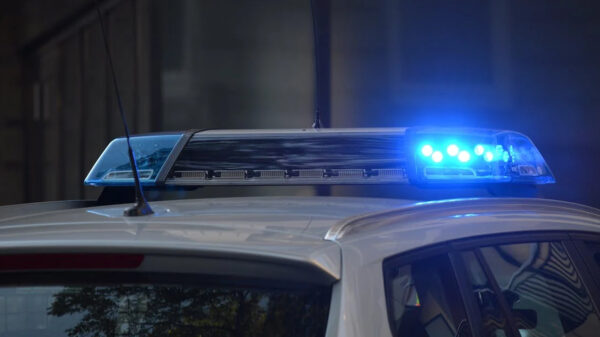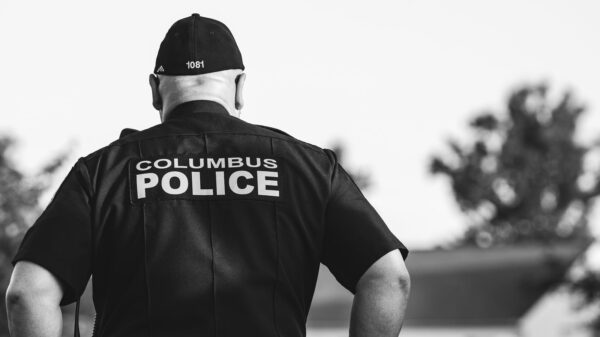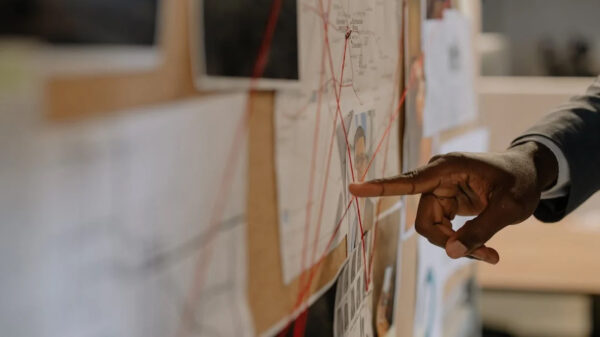Richard Dawkins, the famous evolutionary biologist, author and avid atheist, once said, “Faith is the great cop-out, the great excuse to evade the need to think and evaluate evidence. Faith is belief in spite of, even perhaps because of, the lack of evidence.” Is that true? Does Christianity call us to scorn or reject reason and evidence in an effort to have a faith that pleases God? If you’re a cop, you know the importance of evidence. That’s why you ought to be interested in Christianity.
The God of the Bible does not call his children to obey blindly. The Bible itself serves as a piece of evidence, the testimony of eyewitnesses who provide us with reasons to believe. That’s why the scriptures repeatedly call us to have a “reasoned” belief in Jesus. Scripture tells us:
- We should value reason so that we won’t be like “unreasoning animals” (Jude 4, 10)
- We should love God with our “mind” as well as our heart and soul (Matthew 22:37-38)
- We should remember that Jesus said that the miracles He performed were offered as evidence so we would “know and understand” that the Father was in Him and He was in the Father (John 10:37-38)
- We should remember that God provided “proof” for all of us by raising Jesus from the grave (Acts 17:30-31)
- We should remember that Jesus did not hesitate to provide additional “convincing proofs” (evidence) to the disciples, even after He had been resurrected from the tomb (Acts 1:2-3)
- We should remember that Paul regularly “reasoned” with people as he provided evidence from the Scriptures and testified as an eyewitness to the resurrection (Acts 17:2-3)
- We should use our minds to “examine everything” carefully (1 Thessalonians 5:19-21)
- We should resist the temptation to have blind faith, and should instead “test the spirits” to see if they are from God (1 John 4:1)
- We should examine what we believe until we are “fully convinced” (Romans 14:5, 2 Timothy 1:8-12, 2 Timothy 3:14)
When we use our minds, investigate the evidence and become convinced, something wonderful happens; we have the courage to defend what we believe. Jesus gave us more than enough evidence to believe that He was who he said he was, and He never asked us to believe blindly. When Jesus asked us to have faith in Him, he asked us to accept what he said on the basis of the evidence that He gave us. The Christian faith is a reasonable faith:
Unreasonable Faith
Believing in something IN SPITE of the evidence. We hold an unreasonable faith when we refuse to accept or acknowledge evidence that exists, is easily accessible and clearly refutes what we believe
Blind Faith
Believing in something WITHOUT any evidence. We hold a blind faith when we accept something even though there is no evidence to support our beliefs. We don’t search for ANY evidence that either supports or refutes what we are determined to believe
Reasonable Faith
Believing in something BECAUSE of the evidence. We hold a reasonable faith when we believe in something because it is the most reasonable conclusion from the evidence that exists
The Bible repeatedly makes evidential claims. It offers eyewitness accounts of historical events that can be verified archaeologically, prophetically and even scientifically. As cops, we’re called to use our minds to make the most reasonable inference from evidence. As Christians, we’re called to hold a reasonable faith that is grounded in a similar way. The Bible repeatedly makes evidential claims. It offers eyewitness accounts of historical events that can be verified archaeologically, prophetically and even scientifically. Share on X
 For more information about the nature of Biblical faith and a strategy for communicating the truth of Christianity, please read Forensic Faith: A Homicide Detective Makes the Case for a More Reasonable, Evidential Christian Faith. This book teaches readers four reasonable, evidential characteristics of Christianity and provides a strategy for sharing Christianity with others. The book is accompanied by an eight-session Forensic Faith DVD Set (and Participant’s Guide) to help individuals or small groups examine the evidence and make the case.
For more information about the nature of Biblical faith and a strategy for communicating the truth of Christianity, please read Forensic Faith: A Homicide Detective Makes the Case for a More Reasonable, Evidential Christian Faith. This book teaches readers four reasonable, evidential characteristics of Christianity and provides a strategy for sharing Christianity with others. The book is accompanied by an eight-session Forensic Faith DVD Set (and Participant’s Guide) to help individuals or small groups examine the evidence and make the case.
J. Warner Wallace is a Dateline featured cold-case homicide detective, popular national speaker and best-selling author. He continues to consult on cold-case investigations while serving as a Senior Fellow at the Colson Center for Christian Worldview. He is also an Adj. Professor of Christian Apologetics at Talbot School of Theology, Biola University, and a faculty member at Summit Ministries. J. Warner presently serves as a chaplain for his agency and holds a BA in Design (from CSULB), an MA in Architecture (from UCLA), and an MA in Theological Studies (from Gateway Seminary).












































